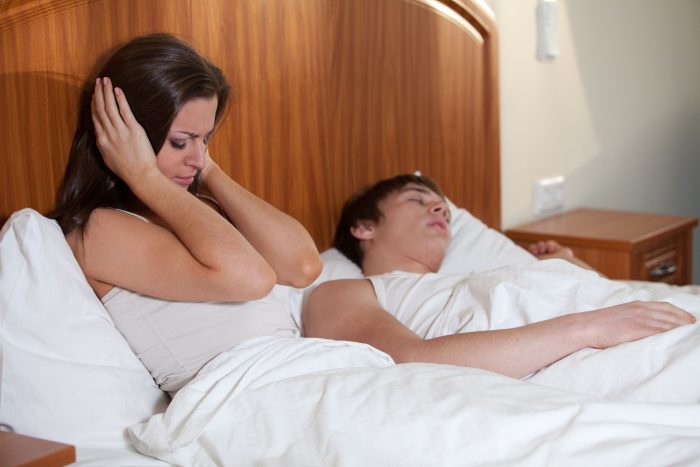The symptoms of a herniated disc can differ. First, there are three parts to your spine. There are the thoracic, the cervical, and the lumbar regions. Many herniated disc issues occur in the lumbar and cervical regions. This article will talk more about herniated discs and how an orthopedic surgeon in Birmingham, AL, can help you with this problem.
The Cervical Spine
Because of the lower amount of disc material in the cervical area, cervical spine issues are less common. Another reason stems from the fact that there is less pressure in this area of your spine. If you’re stooped over from hunching over a computer screen for hours a day, you can have disc problems.
The symptoms of a herniated disc in your cervical spine can depend on the vertebrae involved. Pain in the C4 and C5 vertebrae can lead to shoulder and upper arm issues. At the C6 and C7 vertebrae, pain shooting down your arm can lead to finger numbness and compromised grip strength.
The Lumbar Spine
The majority of herniated discs will happen in the lumbar spine. The L4 and L5 vertebrae can result in nerve damage that travels down your leg. You might also feel numbness in your extremities. If your herniated disc issues get severe, you might experience bladder issues that can make it really hard to urinate and hold in urine when needed.
What To Do If You Have a Herniated Disc
If you’re experiencing some of the symptoms presented in this article, visit an orthopedic surgeon in Birmingham, AL. They can talk with you about the pain you’re experiencing and can figure out if surgery will help. Southlake Orthopaedics Sports Medicine and Spine Center provides state-of-the-art treatment for your bones and joints. For more information, visit US



